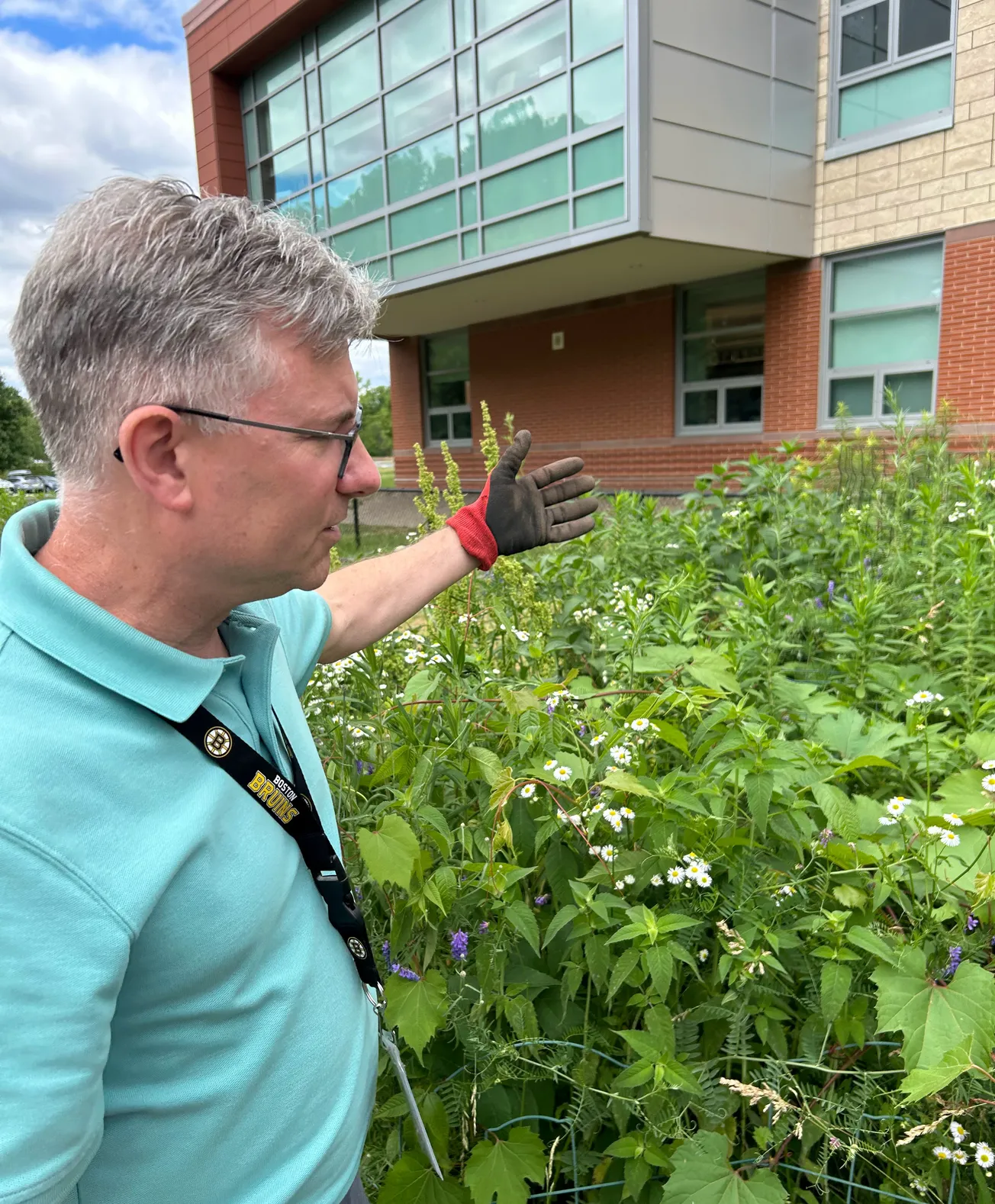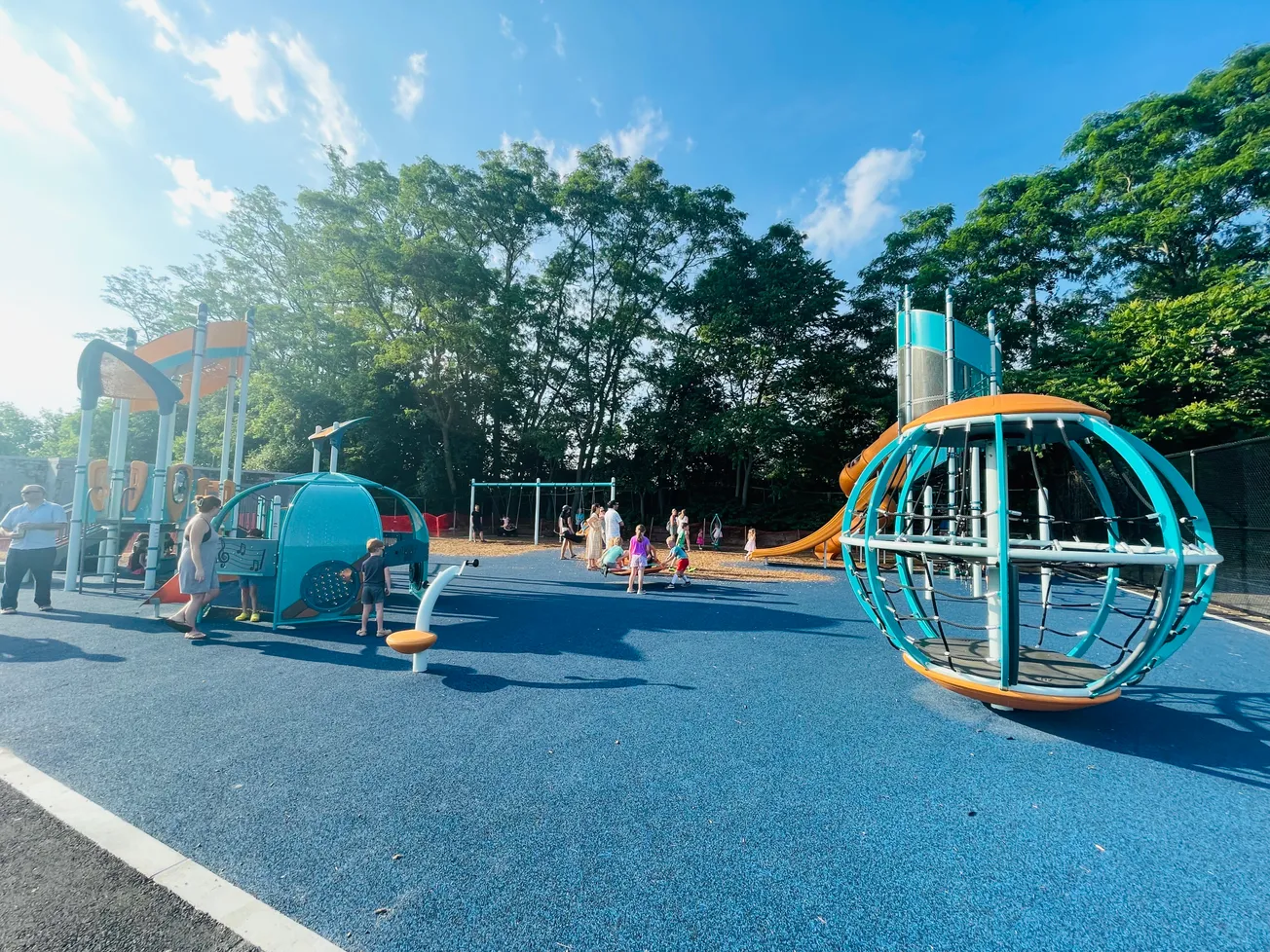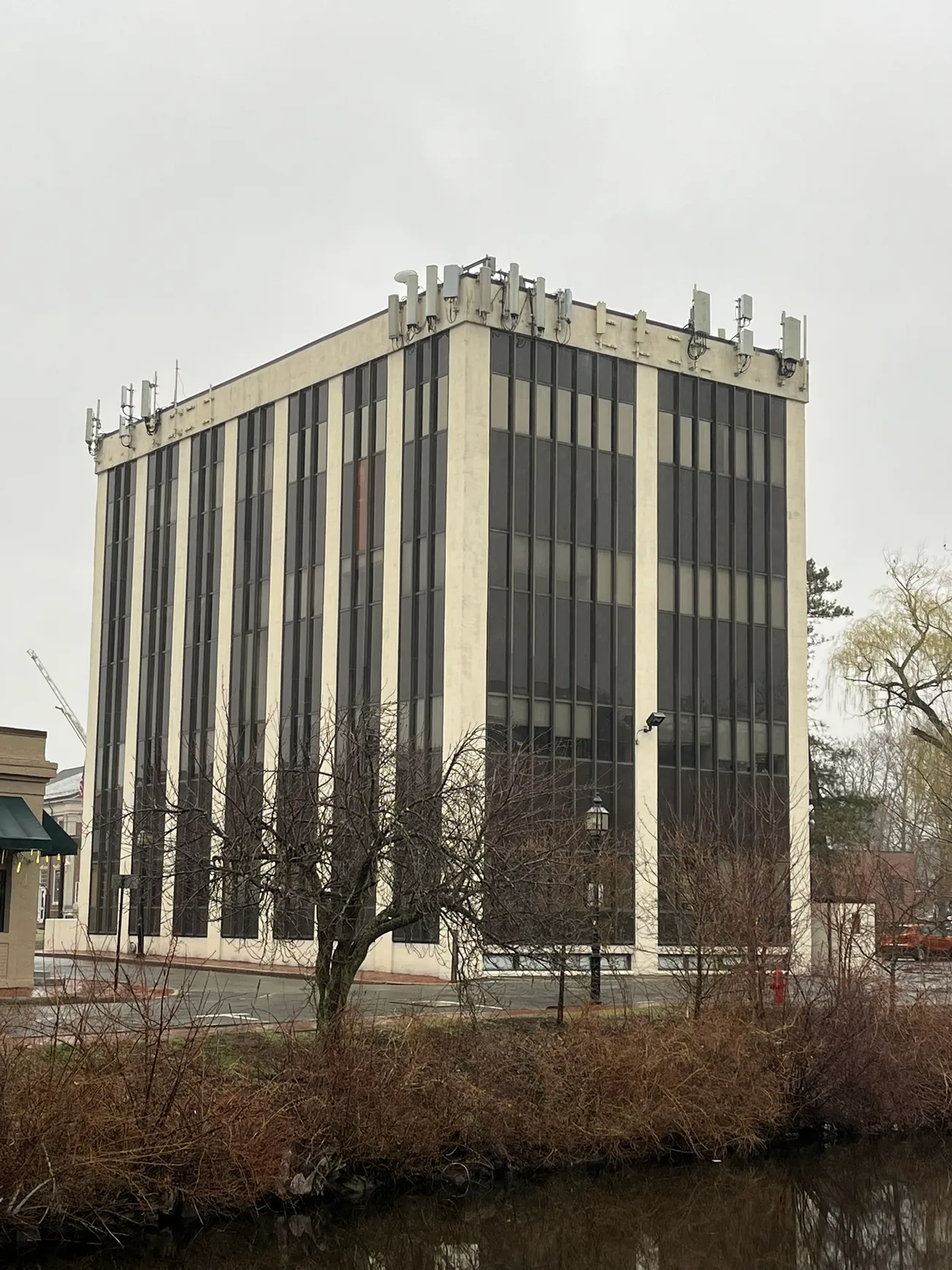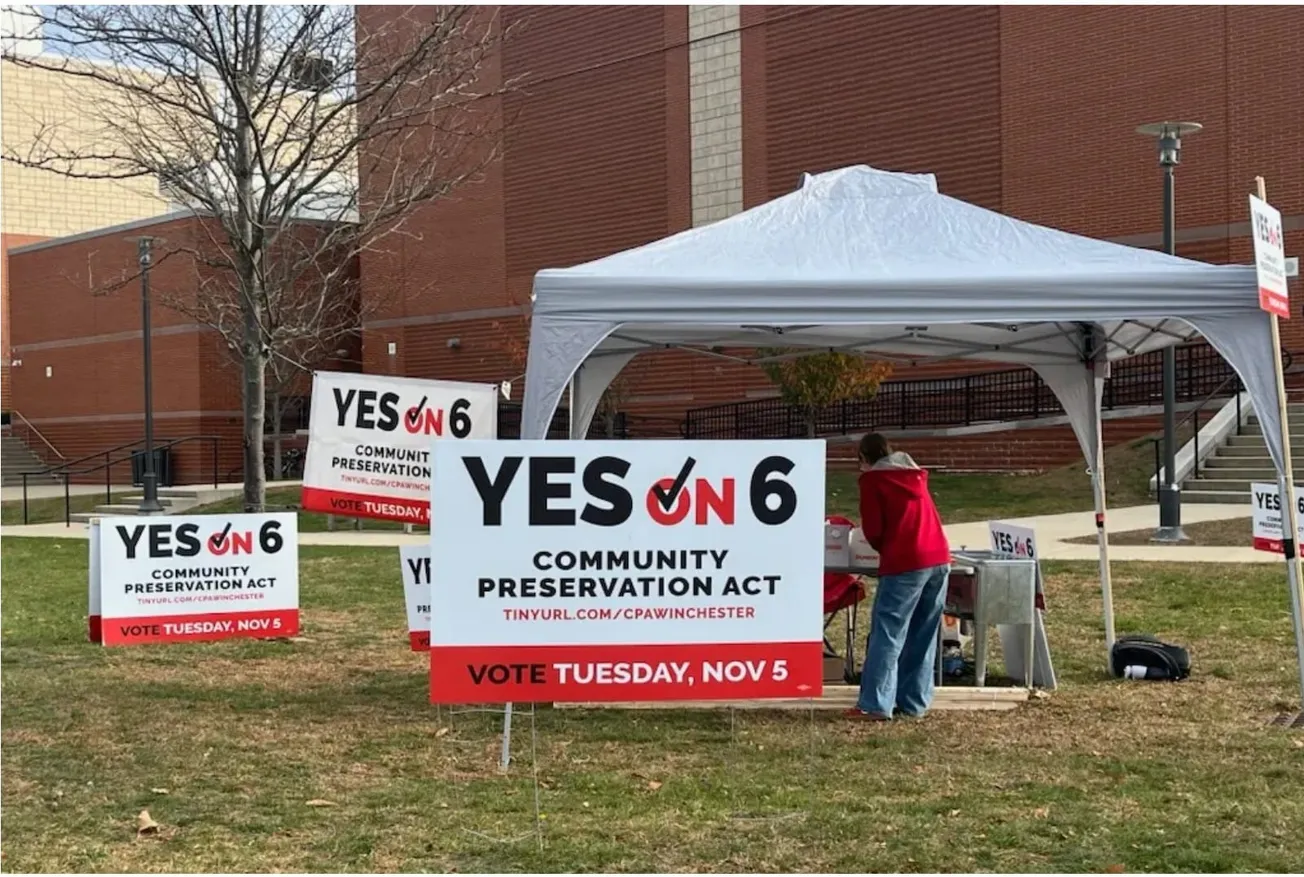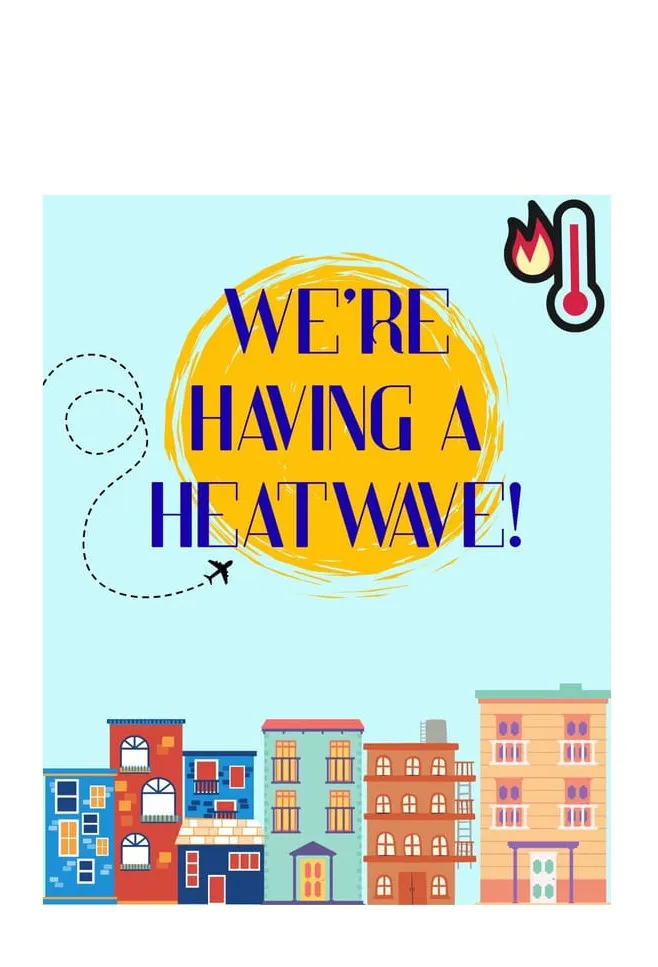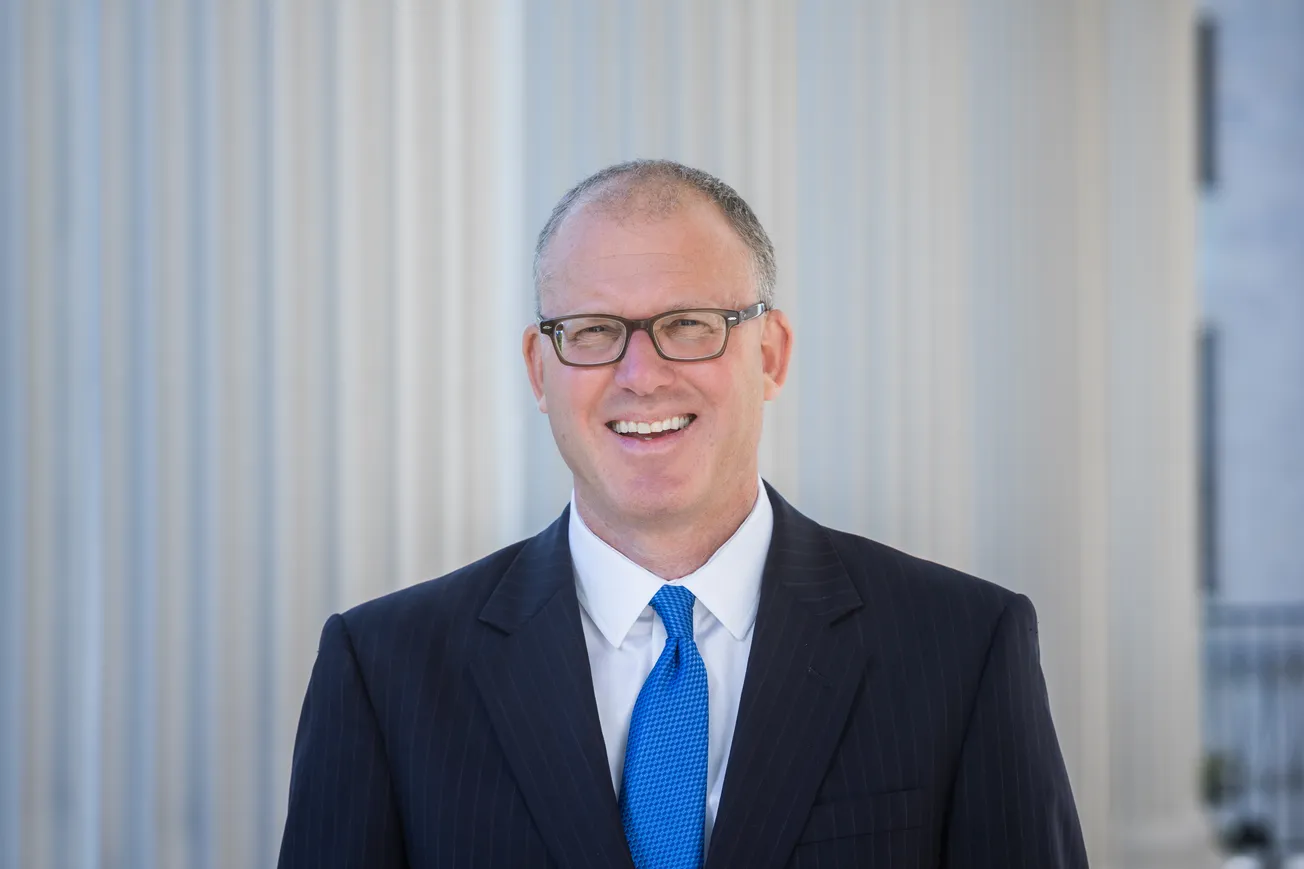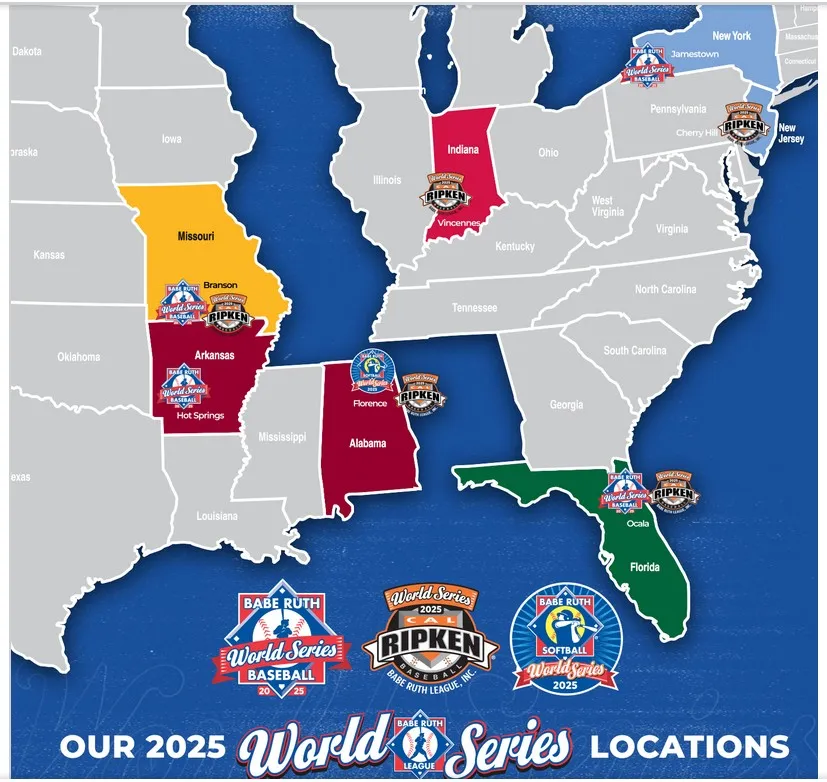Table of Contents
As homeowners, residents use and pay for Winchester’s infrastructure, but do they really understand it? For example, do you know the processes ensuring your drinking water is safe, the six general indicators of water quality, and how often the water supply is tested?
For answers, you could talk to one of the Winchester High School juniors or seniors taking Advanced Placement Environmental Science. Winchester’s water supply, its watershed, wastewater treatment, storm runoff, and solid waste management are just a few topics covered in the class.
And finding a student to ask won’t be hard, as interest in this class is booming.
“Word gets out that it’s a class that students enjoy,” said WHS teacher Mike Marchand, who developed the environmental sciences program. “We’ve had an explosion of interest in this class, and it’s awesome.”
Marchand first taught AP Environmental Science in 2012 to about 25 students. This year, there are 95 students in the AP class, and the upcoming 2024-2025 academic year looks similar.
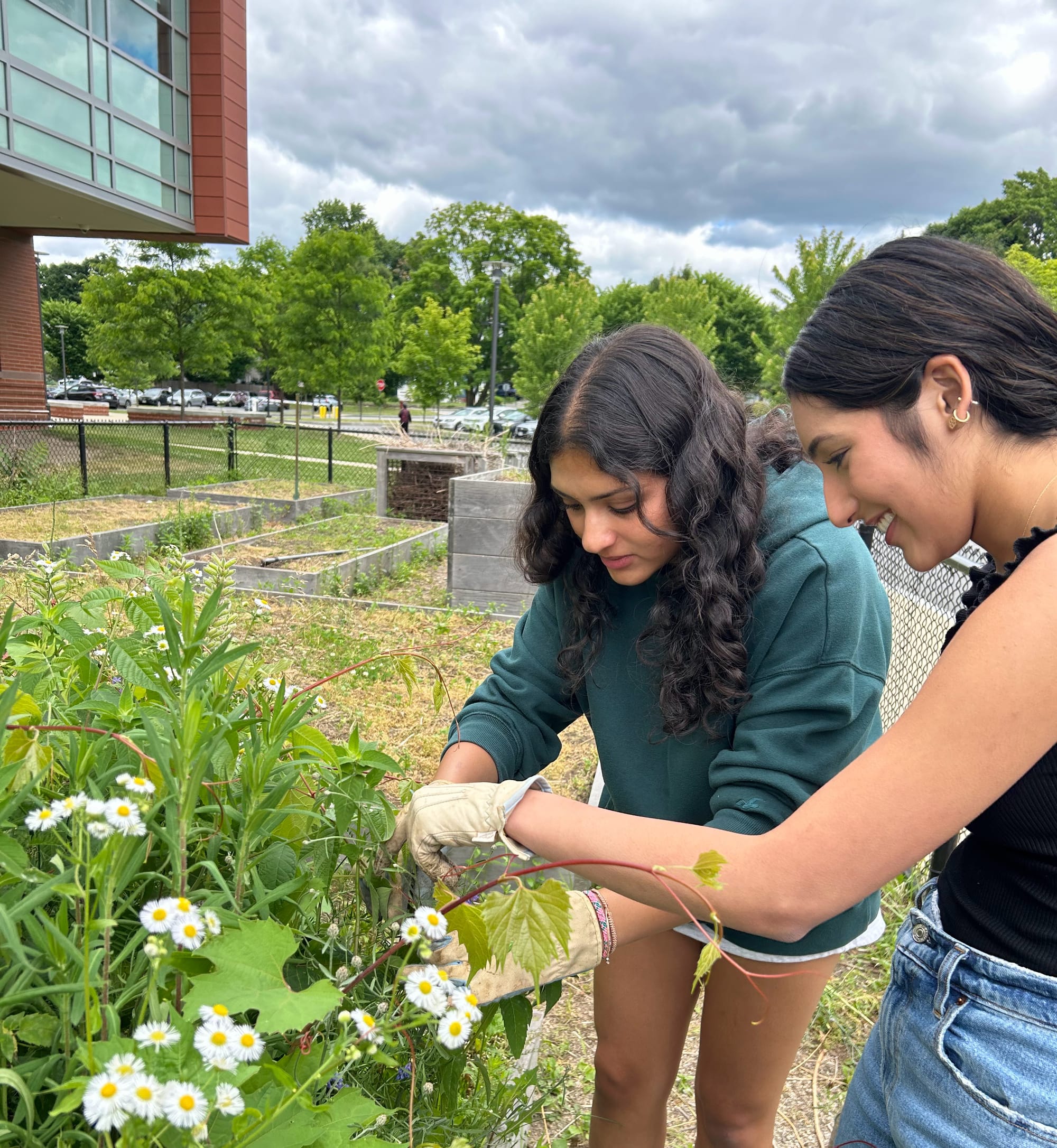
“We try to reach as many students as possible with the curriculum,” Marchand continued. “In the last few years, we added a college prep version of the course, and interest continues to grow. There was one class last year, two this year, and two are planned for 2024-2025.”
What’s driving the interest?
“I was interested in learning about the world around me,” said WHS junior Zoyah Ahmed. “I wanted to have a better understanding of my own effect on the planet and how to live a cleaner lifestyle. I wish to pursue biology/biomedical sciences, and I knew that understanding the science of the basic life around me would help me better understand biology.”
According to The College Board, the non-profit organization managing AP classes nationwide, the rigorous course requires students to identify and analyze natural and human-made environmental problems, evaluate risks, and examine solutions. These topics are in the national news daily.
“Current events are consistently discussed,” Marchand said. “We stress that all aspects of society depend on natural resources, and therefore, there are a million different career paths that are relevant.”
WHS teacher Diane Duke, who taught two AP Environmental Science classes this year, said, “There is a huge interest from students in these topics right now. They are so important and in the news constantly since it’s a crucial time to make decisions about clean energy and carbon reduction.
“The Winchester-specific labs are important because they unlock information about our local environment and policies that many students, and adults, don’t know much about,” added Duke. “It would be amazing to grow local opportunities for students to work on these issues with community members, and we welcome local voices into our classrooms.”
The four Winchester-specific labs are Waste Stream Investigation and Analysis; Land Use and Runoff; Water: Supply and Treatment; and Sewage: Wastewater Treatment and Management.
Reflecting on what was learned in class, Ahmed said, “I wish Winchester residents knew more about how fertilizers affect our water sources. If residents knew how much fertilizer can leach into water as runoff, pollute our water, and cause algal blooms, fewer people would use it.”
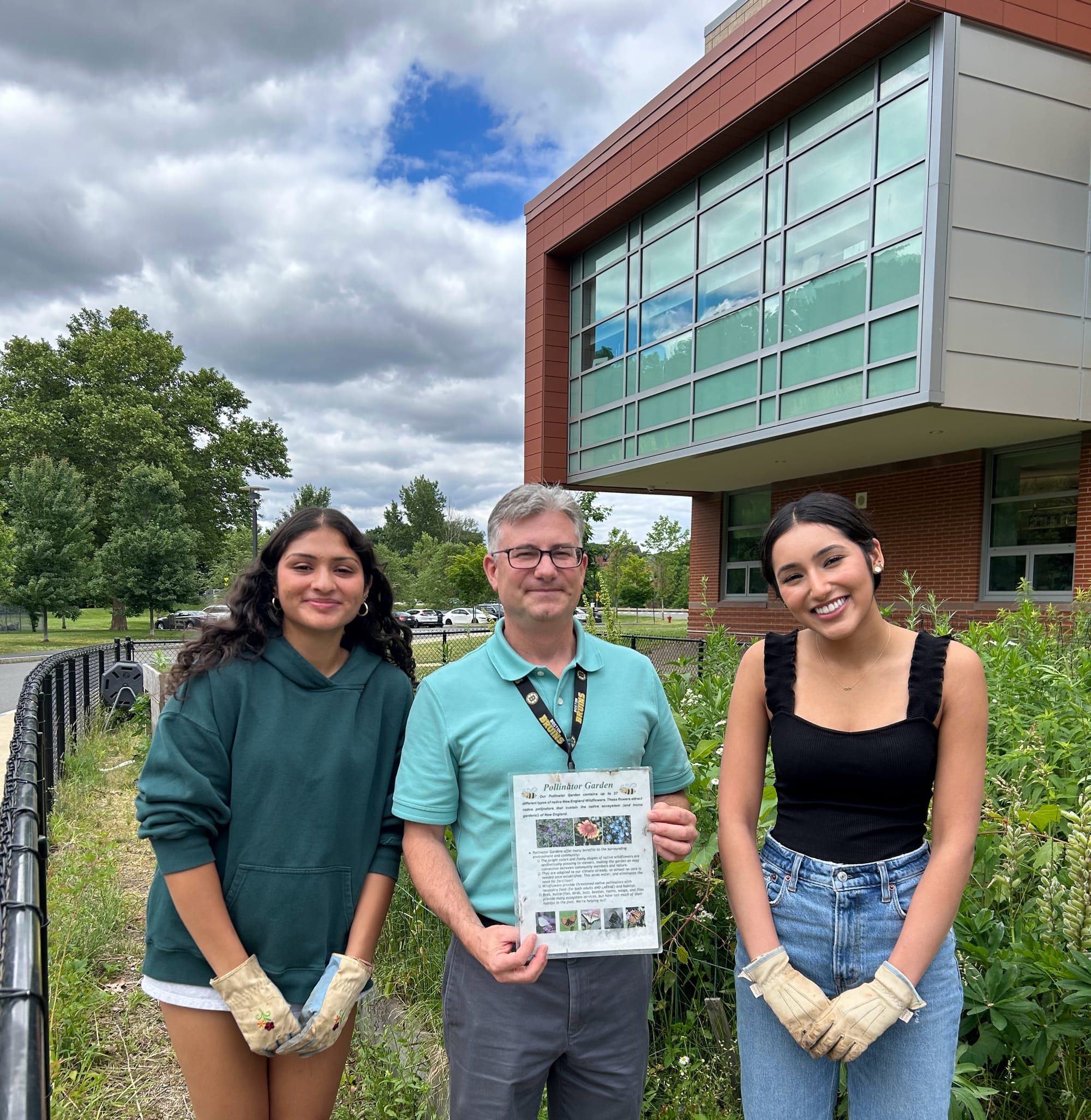
Marchand and Duke also incorporate the WHS pollinator garden into the course.
“We do a large unit on the importance of biodiversity,” Marchand said. “We visit the garden several times a year for observations, such as identifying and mapping invasive species and learning the importance and value of native species.
“In teaching this course, I tell the students that we have a lot of responsibility for the way the world is, but it comes with a lot of possibility to effect change in a substantial way,” Marchand added. “This empowers them to be able to take on some of the larger challenges.”
Winchester News is a non-profit organization supported by our community. If you appreciate having local Winchester news, please donate to support our work, and subscribe to our weekly newsletter.

